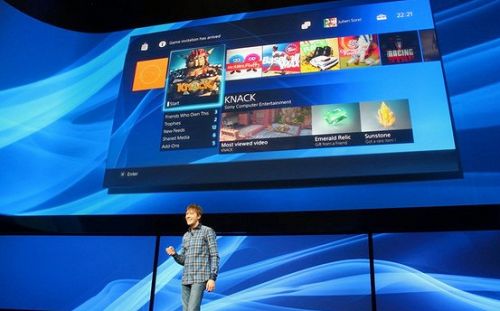
Times are a Changing
Now as we approach the next generation of consoles we're seeing quite the shift. Sony came out swinging at their press conference where they unveiled the PlayStation 4. While hardware and features were mentioned, it wasn't the focus. Instead it was all about games, games and games. The bigger surprise was a dedicated focus on indies. Sony brought Jonathan Blow on stage, one of the biggest names in the indie biz, showing a willingness to work with the once close-minded corporation and sending a message that as a company it might be willing to change. Even more surprising has been Sony's focus on the PlayStation Vita, opening up development tools for the mobile platform and inviting in a greater audience. We're seeing a lot of smaller games playable on both PlayStation and Vita - with a purchase getting you the game on both systems. Sony has shown it is fully embracing digital distribution and flexibility in one bold commercial statement.
Mike Bithell is the creator of the indie game Thomas Was Alone, a unique little platformer that has been available on the PC since earlier this year. "The conversation was one of those serendipitous things, I was a fan of Sony and really wanted to see the game on handheld and TV," Bithell told us, "We all got talking, and with Curve's help got it on to [Sony's consoles]." So while luck played a part, it was Sony that was inviting the indie developer and even offering up support to get the game on their platform.
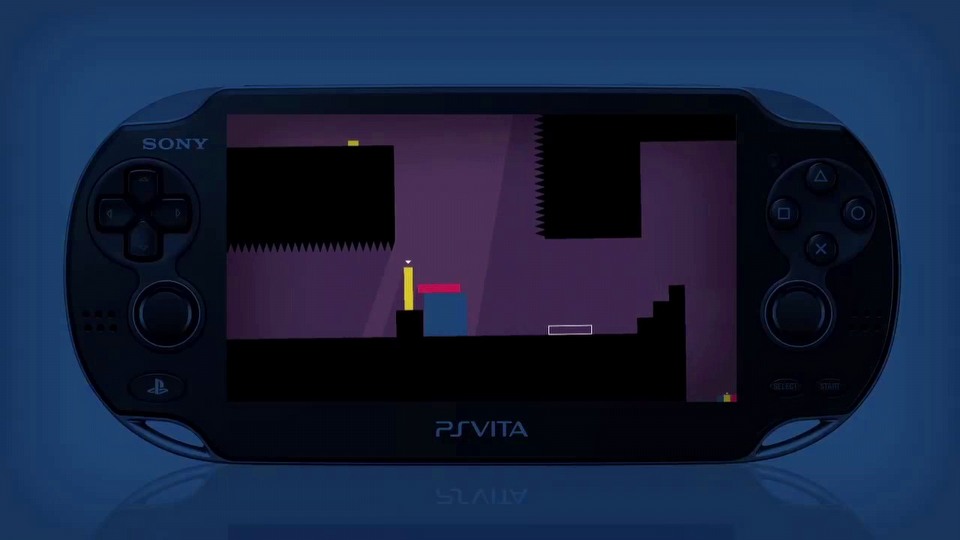
Microsoft on the other hand has seen support for indies degrade. Late last year they announced an end of support for Game Studio Express tools, which aid in the creation of Xbox Indie Games. The community around these games has fractured as well. Seeing the writing on the wall, most are looking to develop their games on other platforms.
To make matters worse, Microsoft's Xbox One reveal has been nothing short of a PR disaster of mixed messaging. Gamers were originally told the Xbox One wouldn't have service similar to the current Indie Games channel and if they wanted a game on the next console, they would have to work with a 3rd party publisher. Yet days later, Don Mattrick told Kotaku that "We're going to give people tools [to create indie games]. We're going to give more information [at a later date]." This sort of mixed messaging isn't reassuring to small teams and individuals with limited time and budgets.
Speaking of the PR disaster, the Xbox One's reveal from May 21st was Microsoft's biggest in a while. The company sounded very much like Sony did six years ago - showing off features that the core audience could, at least traditionally, care very little about. Could having a group like the GamerScoreBlog around help with something like this? "I think the decision was that a console moving away from the fickle hardcore gamer demographic didn't need a dedicated PR/Marketing/community team of fickle hardcore gamers, " said Chris Paladino, former member of the GSB, "I would imagine that the GSB team could have helped the transition, and help some of the hardcore outcry from the Xbox One announcement by answering core gamer questions, bringing up the potential issues before the launch [announcement] took place, and making sure that core gamers knew the facts they needed to know."
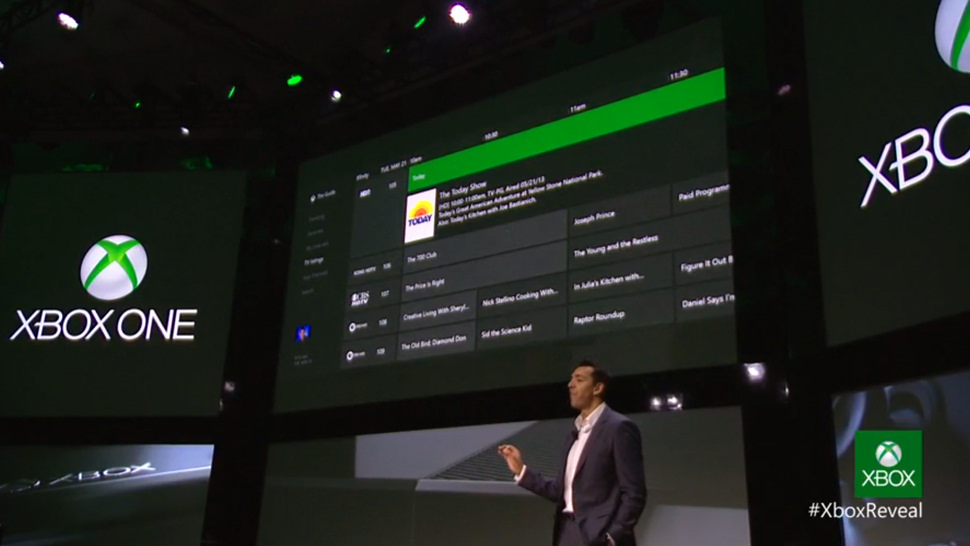
So why didn't the GSB help with the Xbox One announcement? Sadly, Microsoft phased out the Gamerscore Blog along with several of the other personalities, like Trixie360, starting in 2010. The MVP program, of which I am a member, has also changed and evolved quite a bit. While NDAs prevent me from saying much - I will say it doesn't feel like the feedback channel it used to be.
All of that said, despite the internet outcry about the Xbox One reveal - which focused almost entirely on media consumption - it's those same people raising their voices that are also using their console for that purpose. On an average day in June I fired up my Xbox 360 at 8:30PM Eastern - prime gaming time. I had 13 friends online, 11 of them were using Netflix.
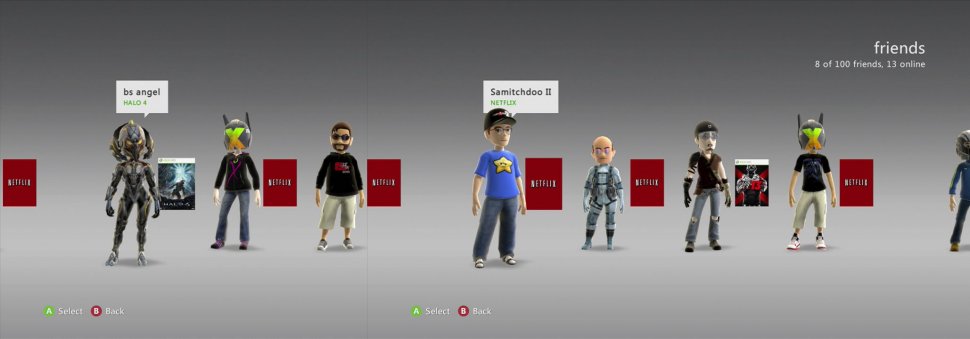
I'd say my friends list is filled with mostly "core" gamers, so why aren't they all playing games? There could be a lot of reasons but it's hard to argue against Microsoft's perception that consumers want easy access to digital media.
In the days that followed the Xbox One reveal information was unveiled regarding the console and how it would handle used games, how it would utilize Kinect, how it would require an internet connection. The internet reaction would make you think Microsoft has nefarious plans for the Xbox One. Putting aside the absurdity that you couldn't turn off the Kinect, let's talk about the used game debate. What we've been told is that every game will require a one time activation online (making online a requirement at least once a day). This activation and any further activations of the disc would require a full fee. What this means is that while it kills the ability to loan a game to friend, it helps add an additional layer of distribution for Microsoft by simply passing a disc around and installing off of it. In terms of what it does to the used market, that's yet to be seen. Initial rumors seem to point to the ability to to trade in games at "partner" retail stores with Microsoft taking a cut of that trade in and allowing the game to be reactivated without cost.
Essentially Microsoft would be cutting directly into retailer profits on used games which long term, could mean the end of used games. Fans of Sony shouldn't be too quick to cheer though. It would be naive to think that one of the big console manufacturers would have this system in place with 3rd party publishers without the knowledge of a similar system existing on the other side of the fence. If this happens, it's going to happen industry wide and from what we've seen, something is going to happen here that changes used games.
Update: And on cue Microsoft has clarified previous statements and "put it in writing." While Microsoft won't directly be taking a cut they are allowing 3rd party publishers to take a cut of trade-ins if they wish. The digital policies they are putting in place seem pretty fair though - and the ability to share your library with up to 10 accounts is extremely generous.
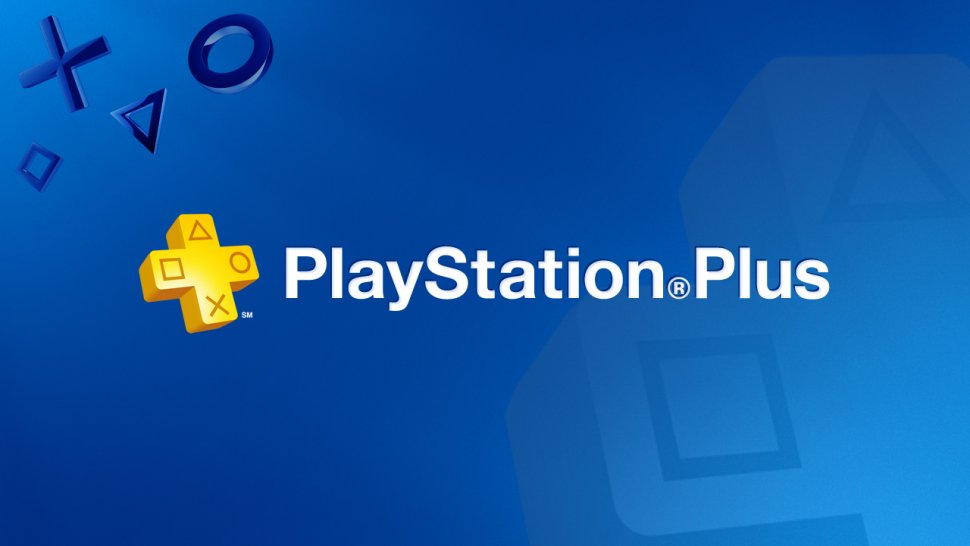
Another big area Sony has made strides in is their PlayStation Plus service. Competing head to head with Xbox Live Gold, plus has changed the proverbial game by offering up free monthly content in the form of full game downloads to its members. People have complained from the beginning that paying for multiplayer on Xbox Live was unnecessary, and the added paywalls for things like Netflix further exemplified that, especially since you can get Netflix on a myriad of devices for free.
More recently there's been a vocal rise about the amount of advertising on the Xbox 360 dashboard when users are shelling out $60 a year to use the device. Sony's subscription solution seems to be gaining further traction and could end up being an alternative to rental and used game fallout in the upcoming generation for frugal gamers.